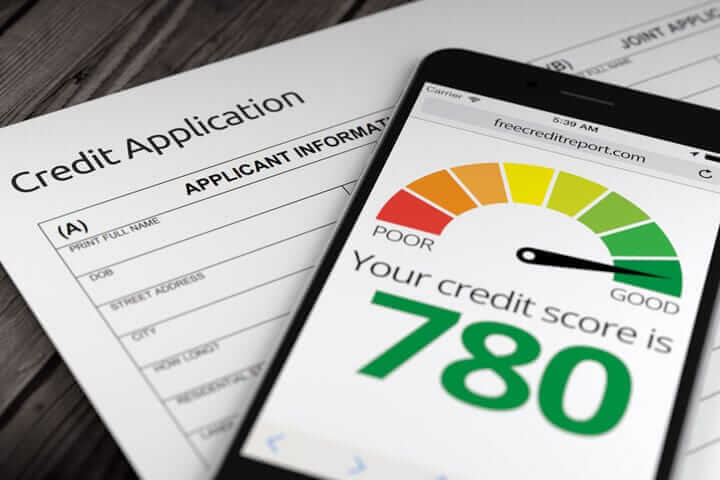Building a solid credit foundation is essential for ensuring financial stability and unlocking future opportunities. By responsibly managing credit building activities, individuals can enhance their credit scores and pave the way for improved financial prospects. Short-term loans are one such tool that can be utilised to improve credit, offering a means to demonstrate responsible financial management and build a positive credit history. These brief-duration loans provide an avenue for individuals to access immediate financial assistance while simultaneously working towards enhancing their credit profiles.
Why is Credit Building Important?
Credit building holds significant importance in the realm of personal finance. It serves as a gateway to financial growth and stability, enabling individuals to access various opportunities for credit and secure better interest rates. A good credit history is crucial for obtaining loans, mortgages, and credit cards, providing individuals with the financial leverage needed to achieve their goals.
Short-term loans play a pivotal role in the process of credit building, particularly for those with limited credit history. These loans offer a swift and efficient method to establish a positive credit profile while showcasing responsible financial management. By utilising short-term loans effectively, individuals can lay the groundwork for a robust credit history that opens doors to enhanced financial prospects.
Using Short Term Loans to Build Credit
Short-term loans offer a range of benefits and considerations for individuals looking to build their credit. Understanding these aspects is crucial for making informed decisions and leveraging short-term loans effectively.
Benefits of Short-Term Loans
- Immediate Financial Relief: Short-term loans can provide quick access to funds during unexpected emergencies, offering a valuable safety net for individuals facing unforeseen expenses.
- Broader Accessibility: These loans are often easier to qualify for compared to traditional long-term loans, making them accessible to a wider audience, including those with limited credit history or lower credit scores.
Risks and Considerations
- High-interest Rates: One key consideration is that short-term loans typically come with higher interest rates than long-term financing options. Over time, these rates can make the overall cost of the loan more expensive.
- Impact on Credit Scores: Failing to repay a short-term loan in a timely manner can have adverse effects on an individual’s credit score, potentially leading to long-term repercussions on their credit profile.
Utilising short-term loans responsibly involves weighing these benefits against the associated risks and considering one’s financial circumstances before making borrowing decisions.
Managing Short-Term Loans Responsibly
Paying off short-term loans in a timely manner is crucial for maintaining a positive credit report. This responsible approach demonstrates financial reliability and contributes to an individual’s creditworthiness. Additionally, implementing budgeting techniques and careful financial planning can help individuals avoid becoming overly reliant on short-term loans, promoting healthier money management practices.
Exploring Alternatives
When it comes to building credit, there are alternative approaches that individuals can explore, offering options beyond traditional loans. These substitute credit options provide avenues for establishing or rebuilding credit without solely relying on borrowing.
Building Credit Without Loans
- Secured Credit Cards: Secured credit cards can be a valuable tool for those looking to establish or rebuild their credit. By providing a security deposit as collateral, individuals can use secured credit cards to make purchases and build a positive credit history. This approach offers a structured way to demonstrate responsible financial management without taking out traditional loans.
- Credit Builder Loans: Another alternative for building credit without conventional loans is through credit builder loans. These specialized loans are designed to help individuals establish or enhance their credit profiles. With this option, borrowers make regular payments into a savings account, and once the loan is fully repaid, they receive the funds along with an improved credit score.
Seeking Financial Guidance
In addition to exploring alternative credit-building methods, seeking financial guidance can provide valuable insights and tailored strategies for improving one’s credit standing.
Financial Advisors: Consulting with experienced financial advisors can offer personalised guidance on effective credit-building strategies. These professionals can assess individual financial situations and provide recommendations tailored to specific needs and goals.
Community Resources: Exploring community resources dedicated to financial literacy and support can also be beneficial. Local organisations and non-profits often offer workshops, counselling services, and educational materials focused on building strong financial foundations.
Building a strong credit foundation through responsible financial practices is crucial for long-term financial stability. By consistently demonstrating creditworthiness and responsible debt management, individuals can enhance their credit profiles and improve their overall financial standing.
